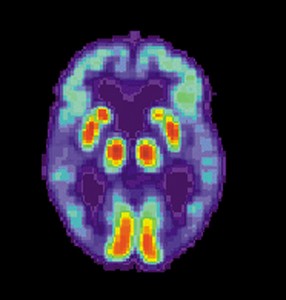Adoption and Age Discrimination
 In recent years, we’ve heard a lot of discussion of interracial adoptions and adoptions by same-sex couples. But it is possible that the most pervasive form of discrimination in adoption is discrimination against older prospective parents. 3L Sara Mills explores this topic in a new paper on SSRN entitled “Perpetuating Ageism Via Adoption Standards and Practices.” She argues that age discrimination in adoption may be unconstitutional and proposes a new statute to address the problem. Here is the abstract:
In recent years, we’ve heard a lot of discussion of interracial adoptions and adoptions by same-sex couples. But it is possible that the most pervasive form of discrimination in adoption is discrimination against older prospective parents. 3L Sara Mills explores this topic in a new paper on SSRN entitled “Perpetuating Ageism Via Adoption Standards and Practices.” She argues that age discrimination in adoption may be unconstitutional and proposes a new statute to address the problem. Here is the abstract:
More than a quarter of Americans consider adoption at some point in their lives. During the adoption process, courts strive to promote and foster the children’s best interests, but this often involves discriminatory decisions that deprive older adoptive parents of the same opportunities as younger adoptive parents. Discrimination in adoption proceedings is nothing new, and legislators, courts, and scholars have explored how it affects minorities, same-sex couples, single parents, and divorcees. However, age discrimination in adoption also exists, and courts condone it by approving placements that are dictated by private agencies’ discriminatory ideologies. This article thus provides the first systematic examination of the issue of age discrimination in adoption and proposes both constitutional and statutory remedies to counter the problem. The justifications for age discrimination in adoption are no longer supported by empirical evidence or societal realities. Ultimately, when an older petitioner is denied the right to adopt, the agency, the court, and, fundamentally, society are implicitly rejecting the worth and dignity of older individuals and impermissibly discriminating based on ageist stereotypes.


